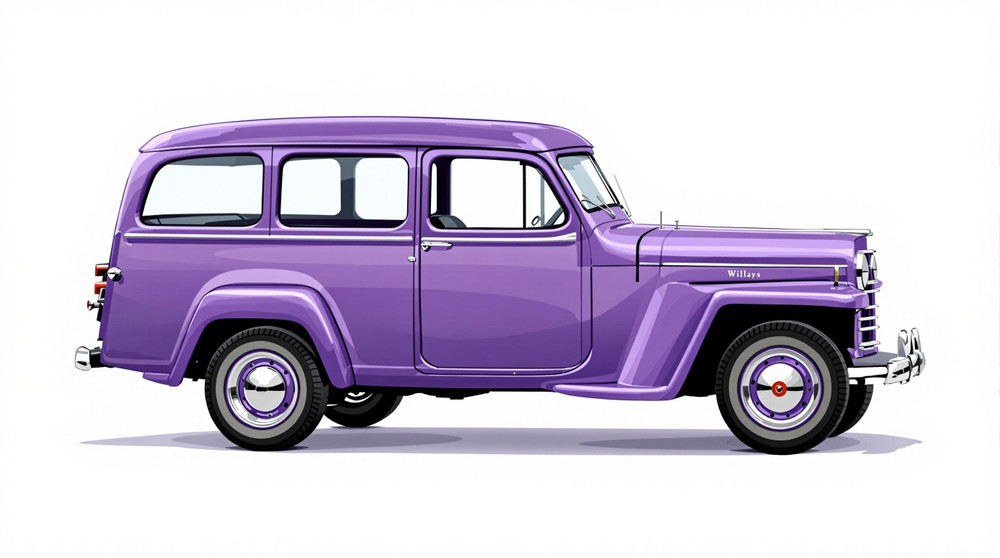Image of 1949 Willys Station Wagon, Note: These illustrations use artistic license and may differ from actual historical models.
Performance Metrics
Fundamental Metrics
Emotional Appeal
MMP Rating
| Engine Specifications | |
|---|---|
| Engine: | L-134 "Go Devil" I4 |
| Displacement: | 134 cu in (2.2 L) |
| Horsepower: | 60 hp at 4000 rpm |
| Torque: | 105 lb-ft at 2000 rpm |
| Compression Ratio: | 6.48:1 |
| Ignition System: | Battery and coil |
| Cooling System: | Liquid-cooled |
| Performance Specifications | |
| 0-60 Time: | Information not available |
| 1/4 Mile Time: | Information not available |
| Top Speed: | 65 mph |
| Transmission and Drive | |
| Drive Type: | Rear-wheel drive (4x4 optional) |
| Transmission Type: | 3-speed manual |
| Fuel and Efficiency | |
| Fuel System Type: | Carburetor |
| MPG: | 15-20 mpg |
| Dimensions and Brakes | |
| Brakes: | Hydraulic drum brakes |
| Wheelbase: | 104.5 in |
| Weight: | 3,100 lbs |
Note: Specifications for classic cars are given to the best of our ability, considering the limited and variant data available.
Unveiling the Pioneer of Utility and Style: The 1949 Willys Station Wagon
Stepping into the limelight with a blend of practicality and panache, the 1949 Willys Station Wagon was a trailblazer in automotive design. Born from the Willys-Overland company, an establishment with roots dating back to the early 20th century, this vehicle emerged in the post-war era as a symbol of American ingenuity and versatility. Notably, it was one of the first all-steel station wagons, a significant departure from the wood-bodied wagons of its time. This innovation not only reduced production costs but also marked a turning point in car manufacturing.
Design and Innovation: A Glimpse into Post-War Modernity
The exterior of the 1949 Willys Station Wagon boasted a rugged yet refined aesthetic, with its bold, flat panels and distinctive grille setting it apart from the curves commonly seen on the roads. Inside, passengers were greeted with a no-frills cabin that prioritized durability over luxury, featuring metal surfaces that were easier to clean and maintain than the traditional wood finishes. Despite its utilitarian approach, comfort was not overlooked, with ample space for passengers and cargo alike. Technologically, it stood out with its 'Go Devil' engine, a reliable powertrain that had proven its worth in wartime Jeeps. Color options ranged from conservative hues to more vibrant tones, reflecting the optimism of the era. The most iconic body style was undoubtedly the two-door wagon, which encapsulated both functionality and style.
Historical Significance: Shaping the Future of Utility Vehicles
The 1949 Willys Station Wagon didn't just capture attention for its looks; it set a new standard for what utility vehicles could be. Its all-steel construction paved the way for modern car design, influencing generations of station wagons to come. It was a precursor to the SUVs and crossovers that would dominate markets in later decades, proving that a vehicle could be both practical and aesthetically pleasing.
Performance and Handling: The Heartbeat of an Era
Performance-wise, while not built for speed, the Willys Station Wagon offered respectable performance for its time. Its top speed and acceleration were modest by today's standards but adequate for the era's needs. Handling was straightforward and robust, capable of navigating both city streets and country roads with relative ease. Drivers often remarked on the reassuring purr of its engine—a sound synonymous with reliability.
Ownership Experience: Beyond Just Transportation
As versatile as it was reliable, this wagon served various roles—from daily commuting to adventurous outings—adapting to owners' lifestyles like few vehicles could. Maintenance was generally straightforward due to its simple mechanics and shared components with other Willys models. This ease of repair endeared it to many who sought both dependability and utility in their automotive companion.
Fun Facts: The Legacy Lives On
The 1949 Willys Station Wagon has its share of quirks and accolades. While not known for breaking speed records, it established benchmarks in design efficiency and utility. Celebrity enthusiasts have been known to add these wagons to their collections for their unique charm. Criticisms were few but typically centered on its modest power output—a trade-off for its reliability.
Collector's Information: A Cherished Classic
Today's collectors hold the Willys Station Wagon in high regard, with values varying based on condition and originality. Estimates suggest that tens of thousands were produced during its run, though surviving numbers are much lower due to age and attrition. As for value range, well-preserved examples can fetch anywhere from mid-five figures up into six figures depending on provenance and condition—a testament to its enduring appeal. Price trends have generally seen an appreciation over time as these vehicles become rarer and more sought after by classic car enthusiasts looking for a piece of American automotive history.
Conclusion: A Testament to Timeless Design
The 1949 Willys Station Wagon stands as a testament to innovation at a pivotal moment in history—when America was redefining itself and looking toward a future filled with possibility. It encapsulates an era where design practicality met post-war optimism head-on, creating something truly special that continues to resonate with collectors and classic car aficionados around the world.
1949 Willys Station Wagon Catalog of Parts
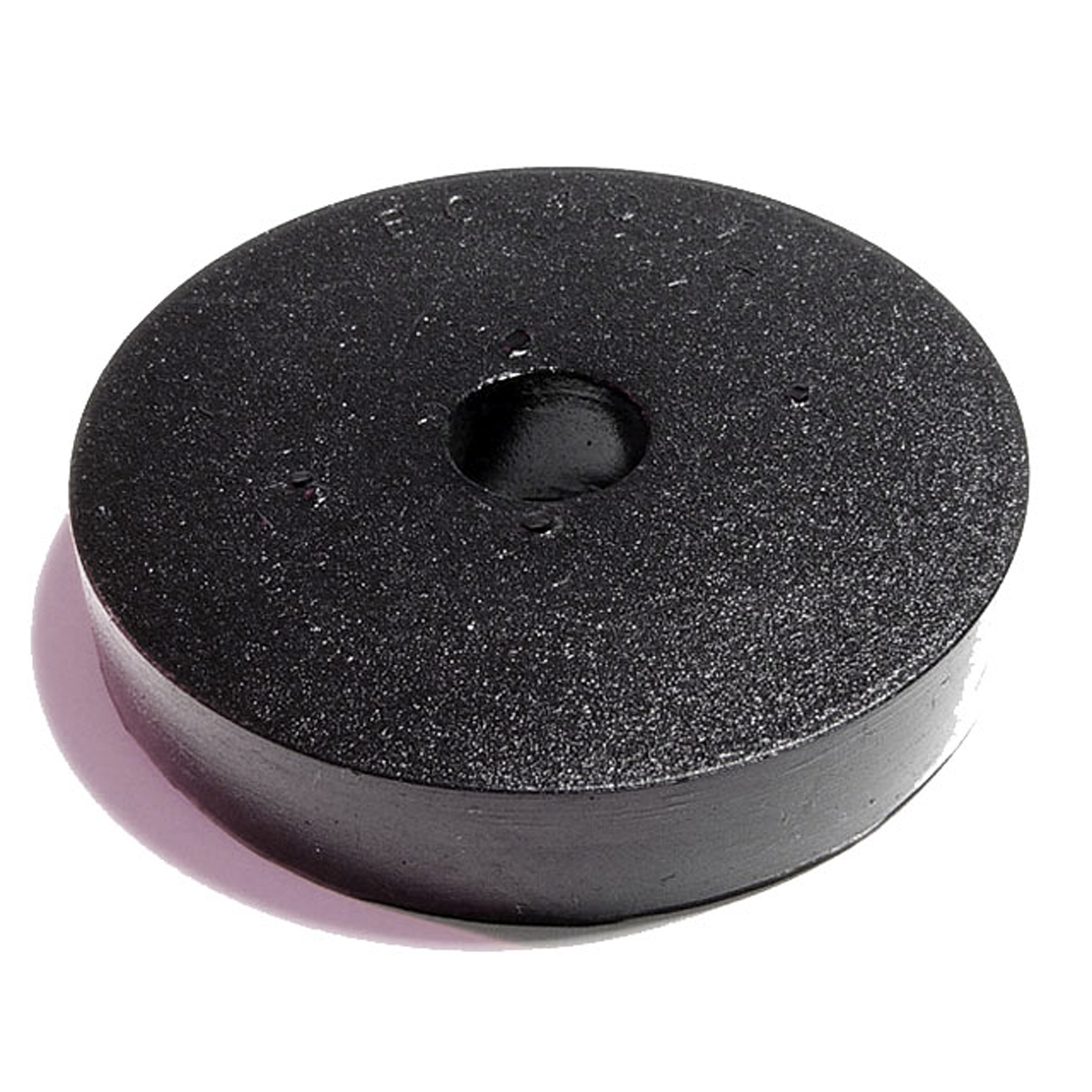 1949 Willys Station Wagon Body Mount Cushion. 1-15/16" O.D., 3/8" I.D., 3/8" Thick-BC 40-ABody Mount Cushion. 1-15/16" O.D., 3/8" I.D., 3/8" Thick. Each
1949 Willys Station Wagon Body Mount Cushion. 1-15/16" O.D., 3/8" I.D., 3/8" Thick-BC 40-ABody Mount Cushion. 1-15/16" O.D., 3/8" I.D., 3/8" Thick. Each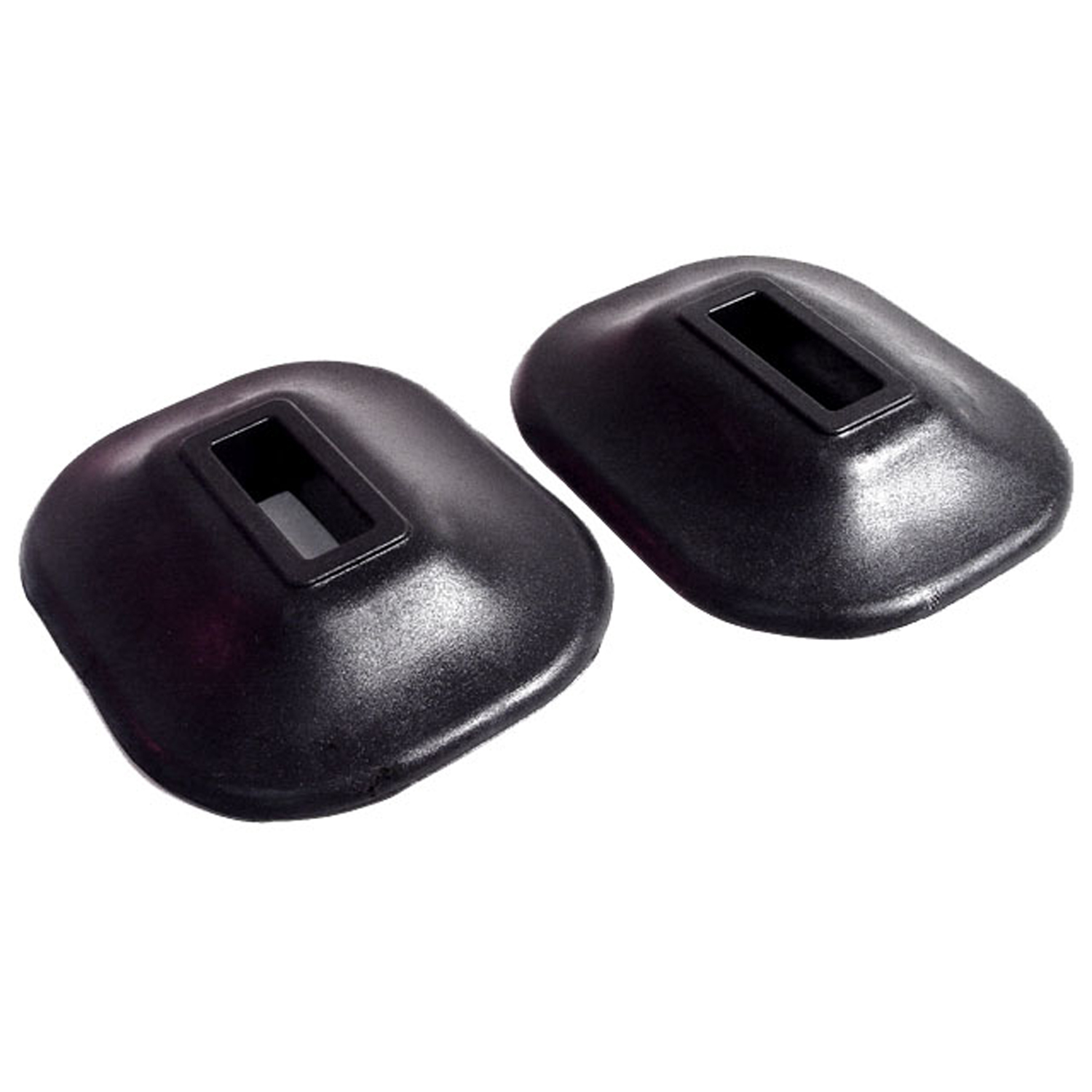 1949 Willys Station Wagon Front and Rear Bumper Arm Grommets-BG 62Front and Rear Bumper Arm Grommets. 3-1/8" wide X 3-7/8" long, with 1-3/8" long inner slot. Pair
1949 Willys Station Wagon Front and Rear Bumper Arm Grommets-BG 62Front and Rear Bumper Arm Grommets. 3-1/8" wide X 3-7/8" long, with 1-3/8" long inner slot. Pair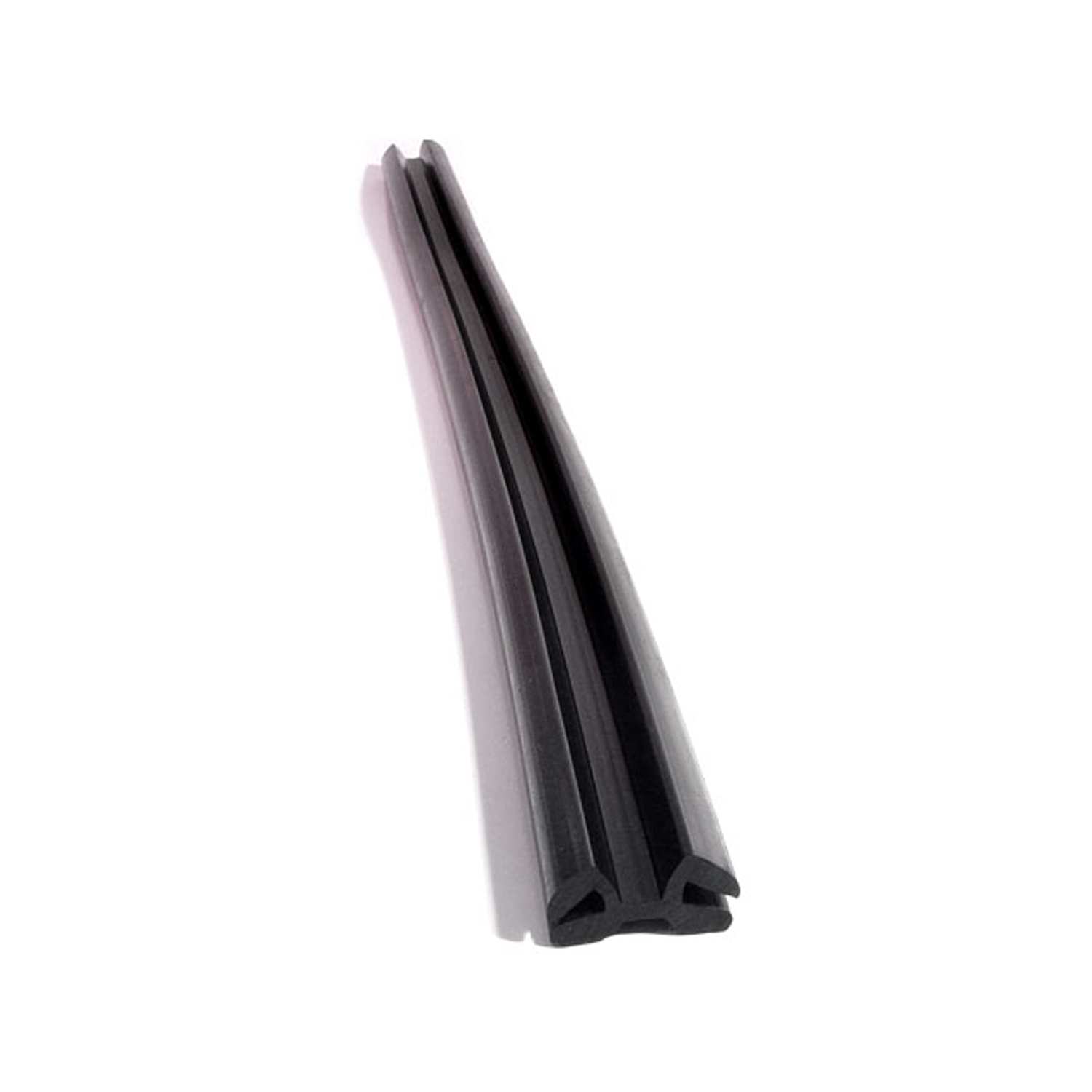 1949 Willys Station Wagon Center Division Bar Seal. 20" piece, to be cut to length-DP 40Center Division Bar Seal. 20" piece, to be cut to length. Each
1949 Willys Station Wagon Center Division Bar Seal. 20" piece, to be cut to length-DP 40Center Division Bar Seal. 20" piece, to be cut to length. Each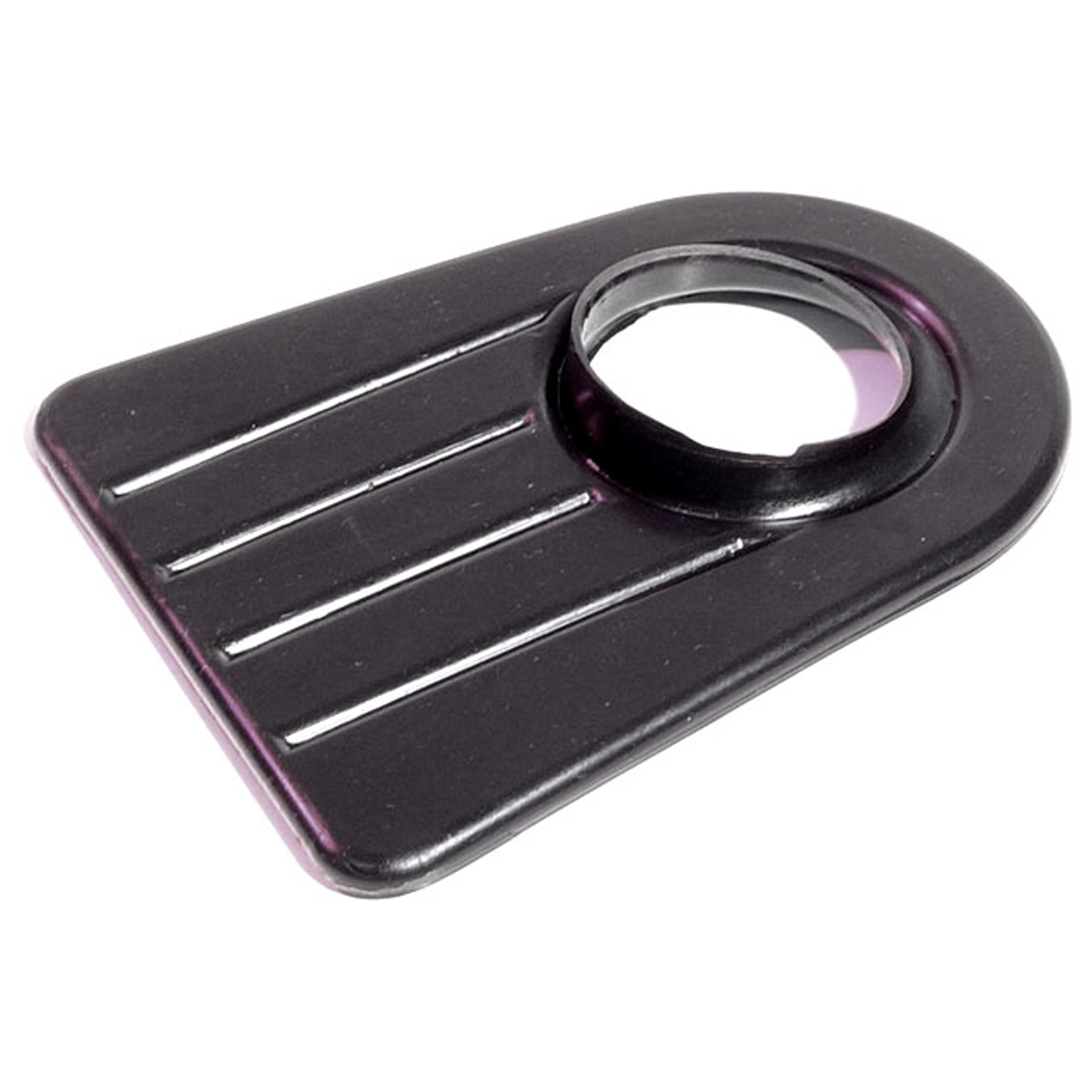 1949 Willys Station Wagon Gas Filler Grommet. 2-1/8" I.D., 6-3/8" length. Each-GF 29-AGas Filler Grommet. 2-1/8" I.D., 6-3/8" length. Each
1949 Willys Station Wagon Gas Filler Grommet. 2-1/8" I.D., 6-3/8" length. Each-GF 29-AGas Filler Grommet. 2-1/8" I.D., 6-3/8" length. Each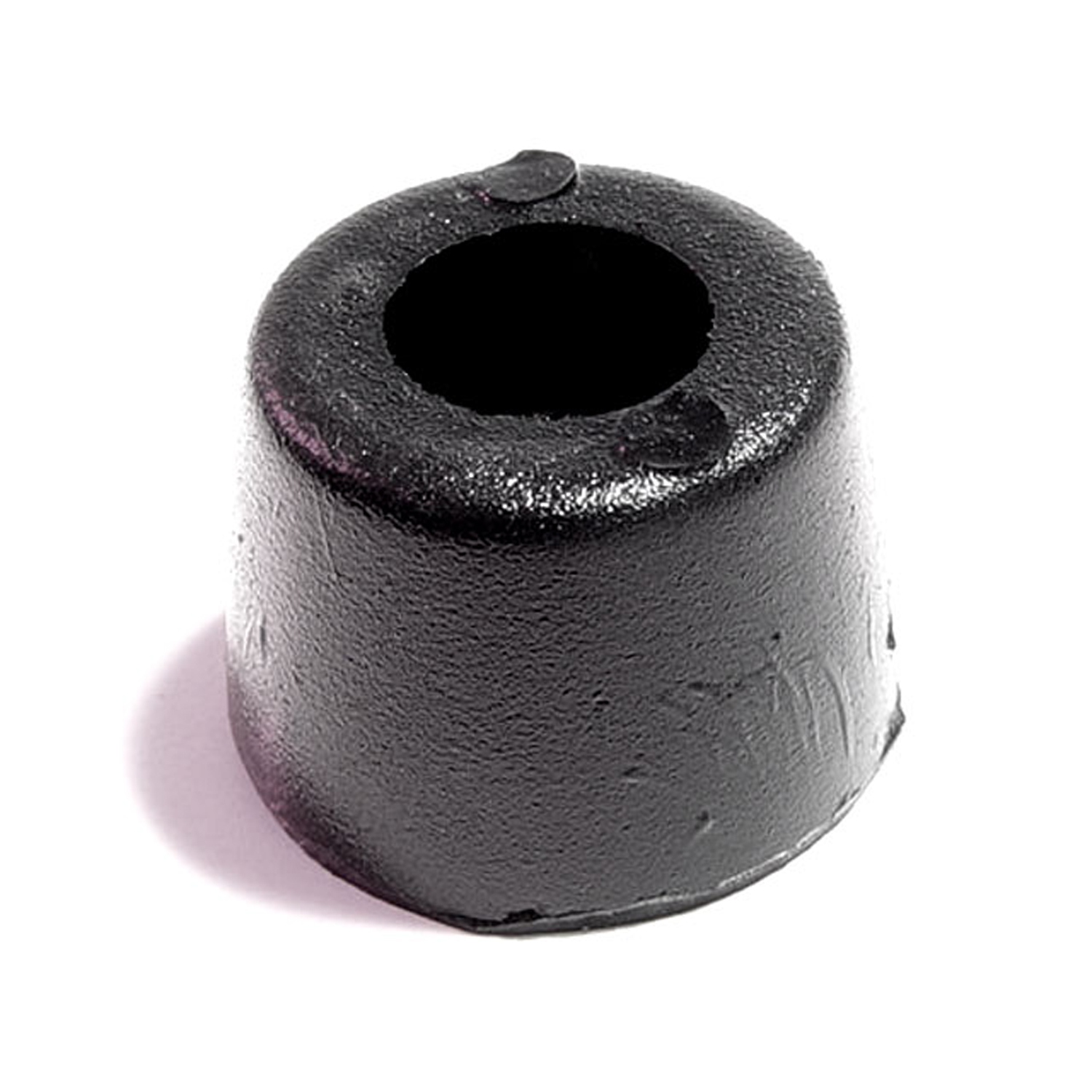 1949 Willys Station Wagon Hood Side Bumper. Two used per car. Each-HF 31Hood Side Bumper. Two used per car. Each
1949 Willys Station Wagon Hood Side Bumper. Two used per car. Each-HF 31Hood Side Bumper. Two used per car. Each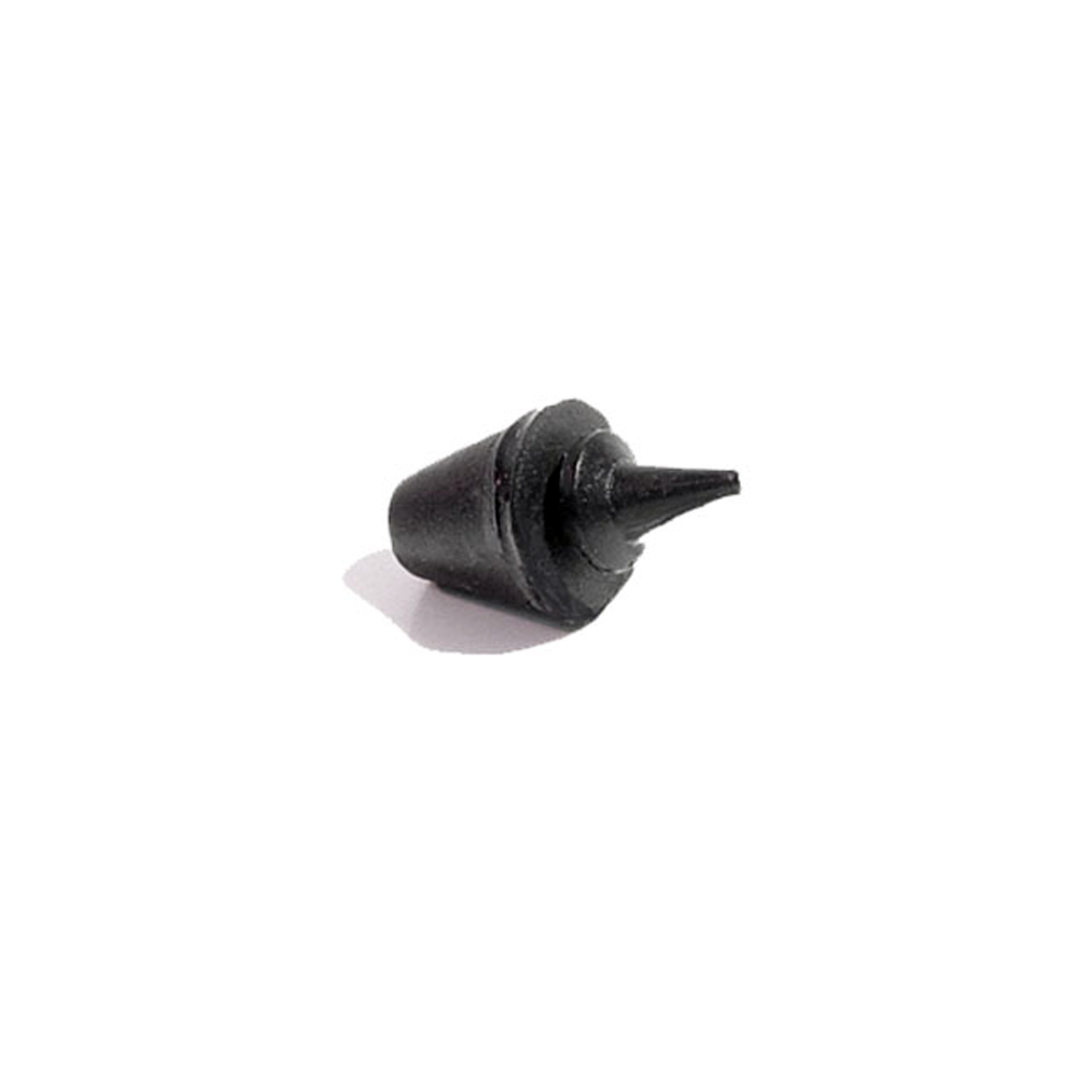 1949 Willys Station Wagon Glove Box Bumper. Each-SB 83Glove Box Bumper. Each
1949 Willys Station Wagon Glove Box Bumper. Each-SB 83Glove Box Bumper. Each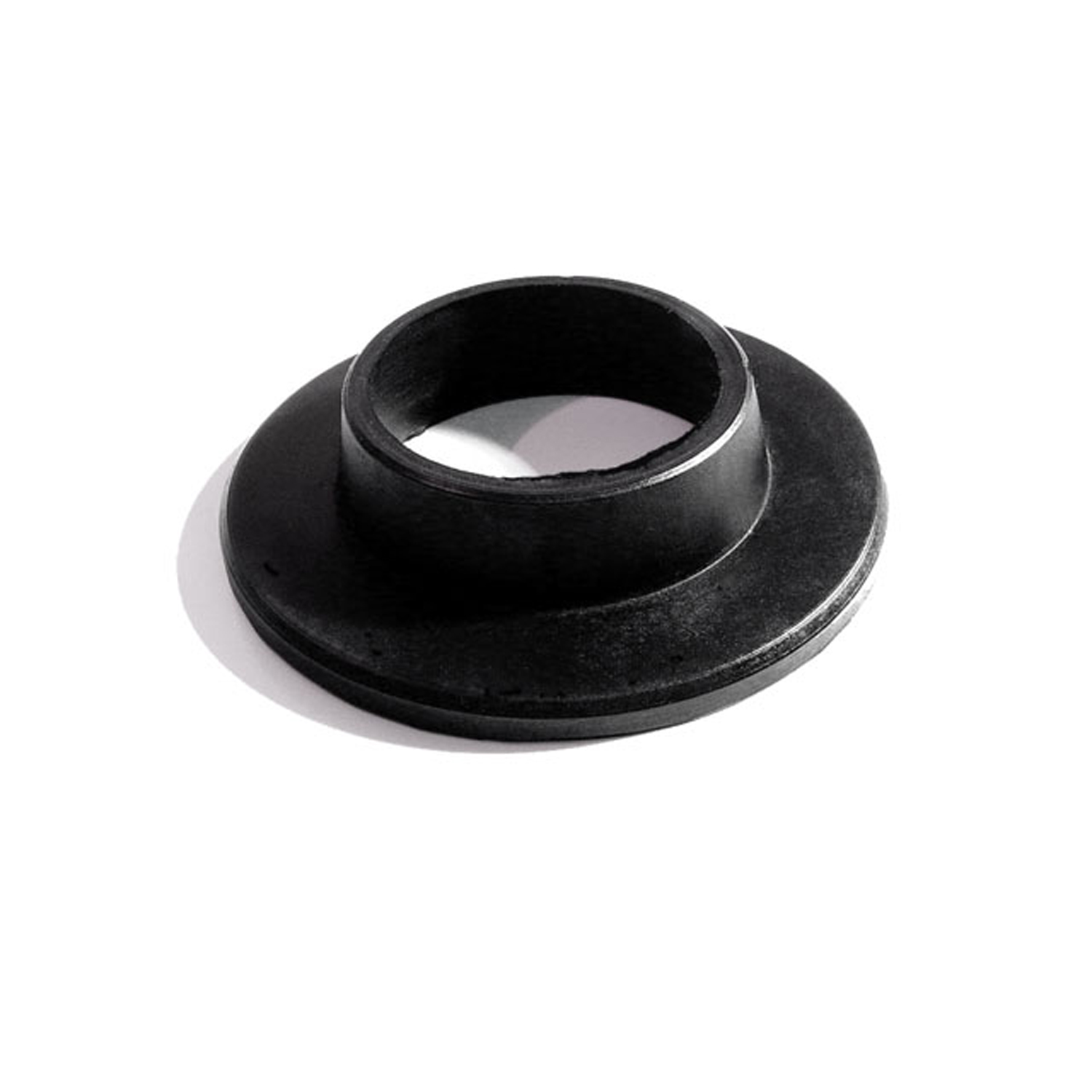 1949 Willys Station Wagon Steering Column Grommet-SC 13Steering Column Grommet. For 4-Wheel Drive Station Wagon Only. Each
1949 Willys Station Wagon Steering Column Grommet-SC 13Steering Column Grommet. For 4-Wheel Drive Station Wagon Only. Each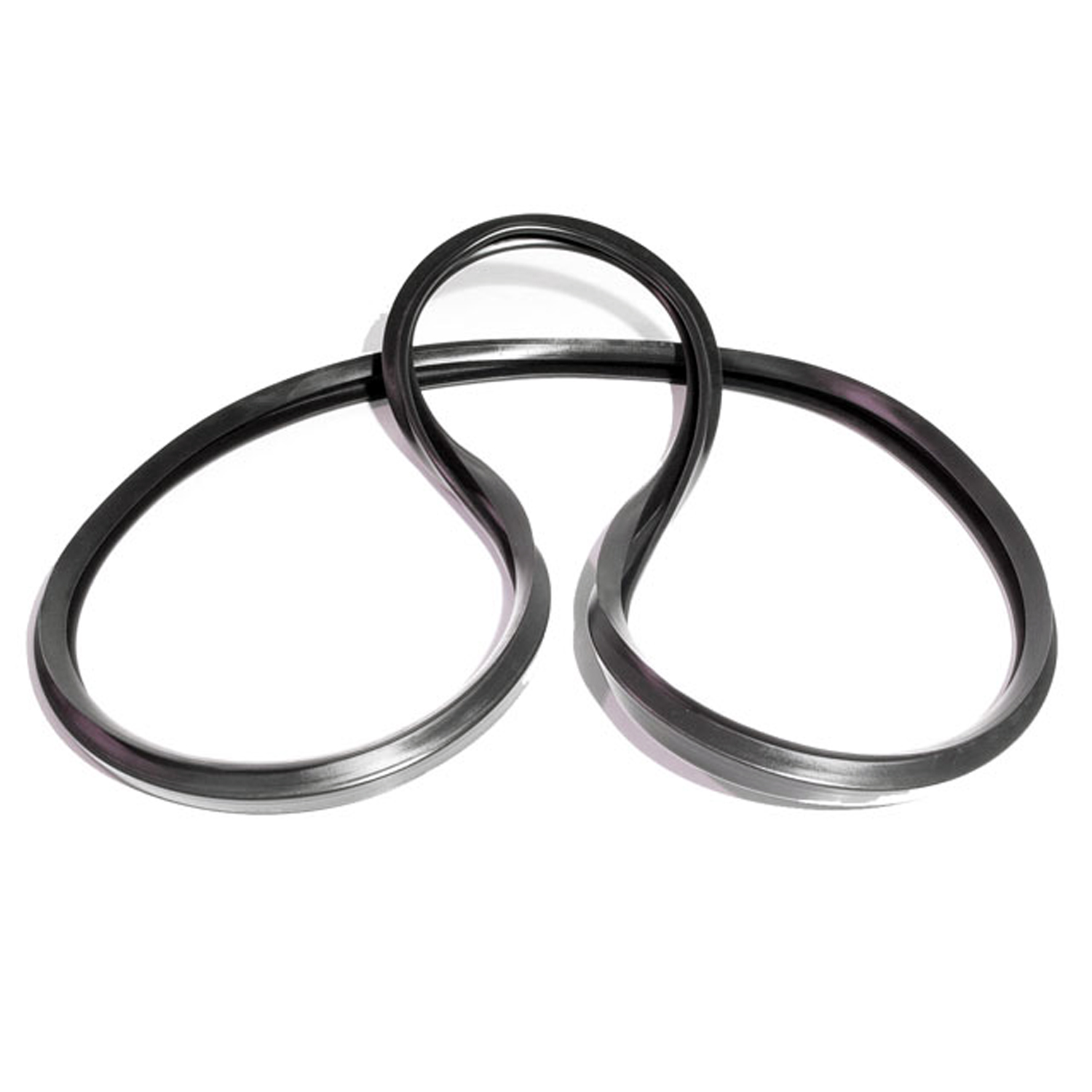 1949 Willys Station Wagon Vulcanized Side Front-Rear Sliding Window Seal-VQT 9600Vulcanized Side Front-Rear Sliding Window Seal. Made into one piece for easy installation. Order 2 to do both sides. Replaces OEM #671419. Each
1949 Willys Station Wagon Vulcanized Side Front-Rear Sliding Window Seal-VQT 9600Vulcanized Side Front-Rear Sliding Window Seal. Made into one piece for easy installation. Order 2 to do both sides. Replaces OEM #671419. Each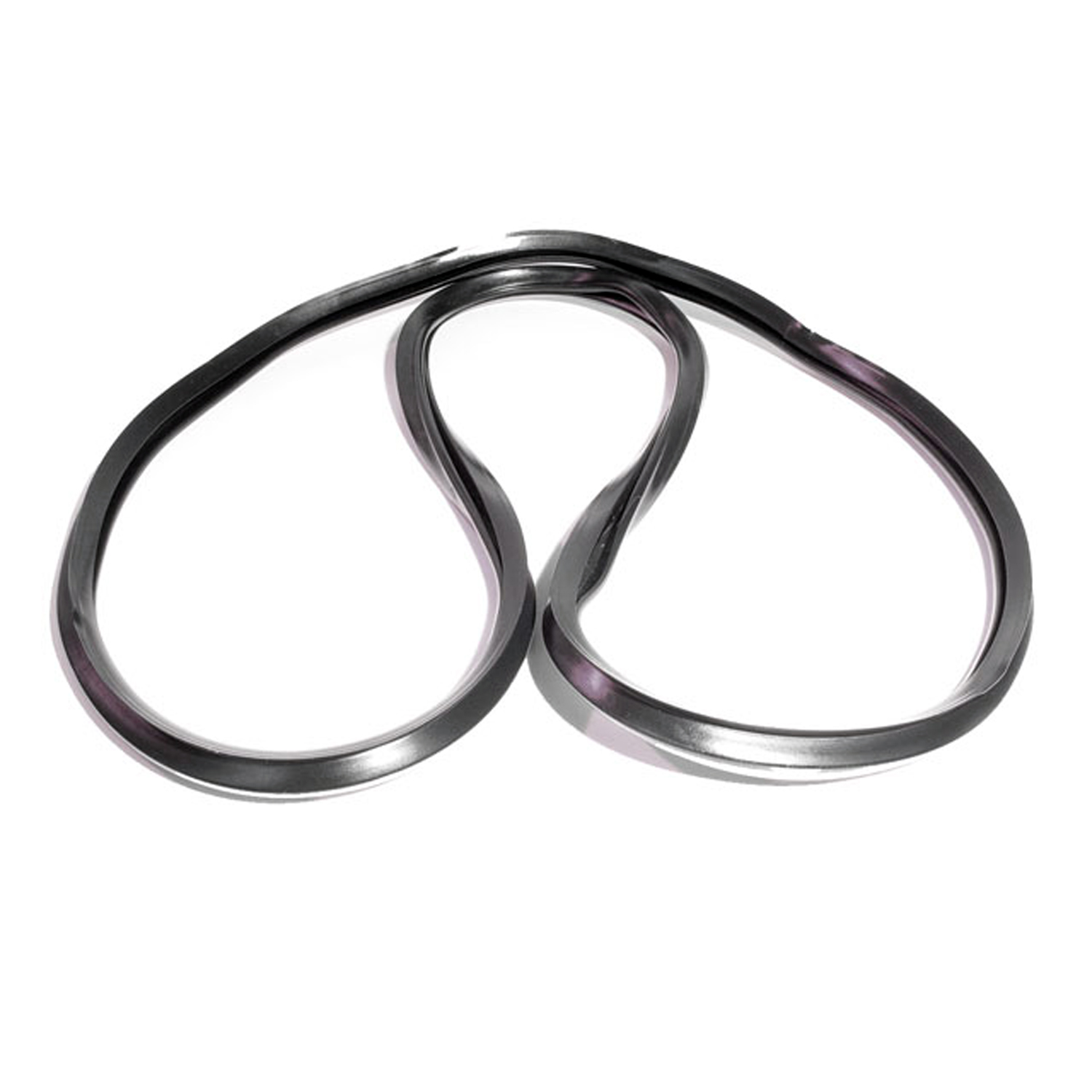 1949 Willys Station Wagon Vulcanized Side Rear-Rear Sliding Window Seal-VQT 9601Vulcanized Side Rear-Rear Sliding Window Seal. Made into one piece for easy installation. Order 2 to do both sides. Replaces OEM #664257. Each
1949 Willys Station Wagon Vulcanized Side Rear-Rear Sliding Window Seal-VQT 9601Vulcanized Side Rear-Rear Sliding Window Seal. Made into one piece for easy installation. Order 2 to do both sides. Replaces OEM #664257. Each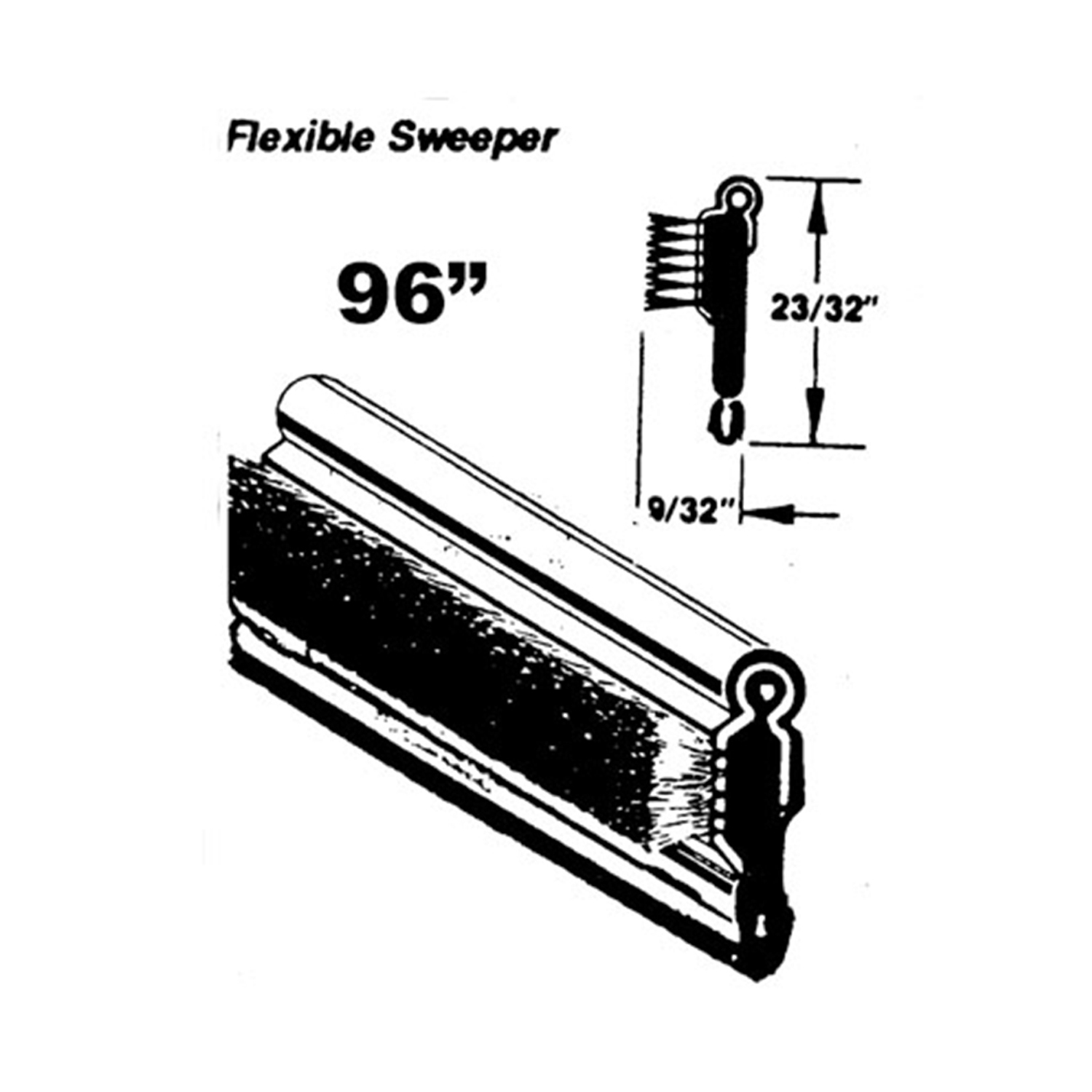 1949 Willys Station Wagon Flexible window sweeper. Made with stainless steel bead-WC 4-96Flexible window sweeper. Made with stainless steel bead. 96 in. long. Each. NOTE: $20 special shipping charge applies for domestic orders. Call or email for overseas shipping costs. Part can be sectioned in two or three equal lengths to reduce overseas shipping costs.
1949 Willys Station Wagon Flexible window sweeper. Made with stainless steel bead-WC 4-96Flexible window sweeper. Made with stainless steel bead. 96 in. long. Each. NOTE: $20 special shipping charge applies for domestic orders. Call or email for overseas shipping costs. Part can be sectioned in two or three equal lengths to reduce overseas shipping costs.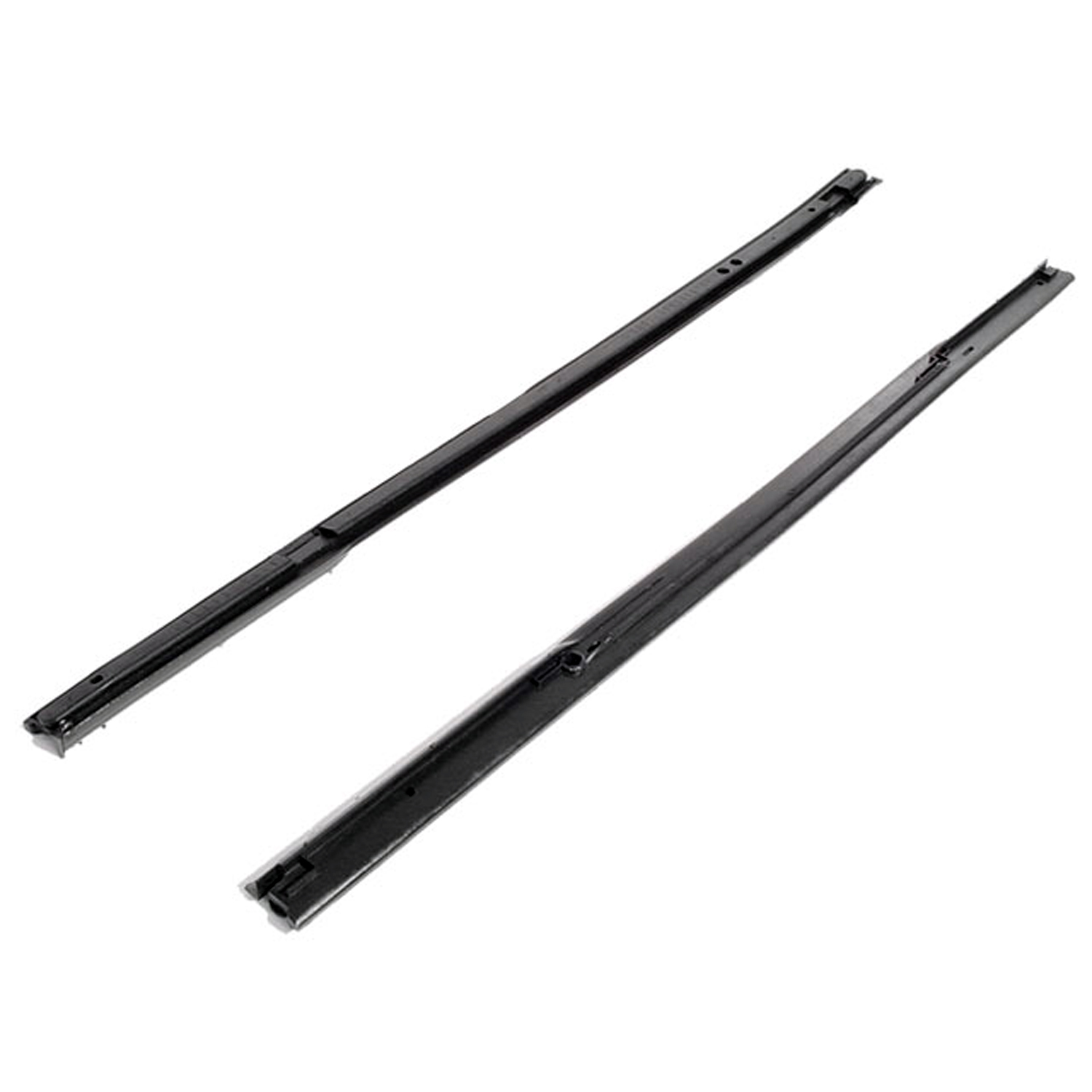 1949 Willys Station Wagon Front Vent Window Seals. For Trucks and Station Wagons-WR 9601Front Vent Window Seals. For Trucks and Station Wagons. Pair
1949 Willys Station Wagon Front Vent Window Seals. For Trucks and Station Wagons-WR 9601Front Vent Window Seals. For Trucks and Station Wagons. PairWhy Choose Metro?
For over 100 years, Metro Moulded Parts has been the pinnacle of quality in classic car restoration parts. Our commitment to precision and authenticity in every component ensures a perfect fit and an OEM-level appearance.
- Expert Craftsmanship & Quality: Each part is a testament to our dedication to reliability and perfection, crafted from original designs and thoroughly tested.
- Advanced Technology: We use cutting-edge techniques to create flawless, long-lasting parts that surpass others in performance.
- SuperSoft Sponge – The Ultimate Door Seal: Not only are our door seals 30% softer than competitors', but they're also guaranteed to never leak. They effectively reduce wind and road noise, enhancing your classic car's comfort and driving experience.
- Proudly American: Our parts are a product of American craftsmanship, made in the USA with a spirit of excellence and heritage.
- Unrivaled Warranty: We back our products with a 30-year industry-leading warranty, a testament to our confidence in their quality.
Join us in preserving the legacy of classic cars with parts that are crafted for perfection, not just made.

